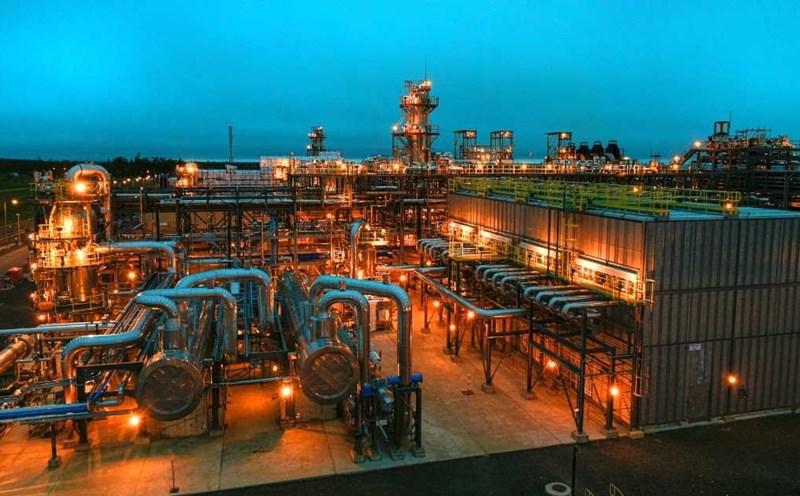The European Union (EU) has just allowed Belgium-based securities depositories Euroclear to redistribution about 3 billion euros ($3.4 billion) from frozen Russian assets, Reuters reported on May 3.
The money will be transferred to Western investors whose assets were stuck in Russia after the outbreak of the Ukrainian conflict.
The move immediately faced a strong reaction from the Kremlin, calling it a blatant violation of international law.
After Russia launched a special military operation in Ukraine in February 2022, a series of Western countries have frozen about 264 billion euros in Russian assets, including both state and private assets. Of which, Euroclear alone is holding about 200 billion euros. The freeze arose from interest rate profits, and the EU transferred 1.55 billion euros to Ukraine in July 2024.
This time, Euroclear was "blue lighted" to use 3 billion euros from the cash worth 10 billion euros, belonging to Russian individuals and organizations on the EU sanctions list.
This is a result of the EU's sanctions framework adjustment in late 2024, allowing the use of frozen interest rates and assets to support Ukraine or compensate Western investors affected by Russian retaliatory measures.
A document released by Reuters on January 1 showed that Euroclear had informed customers: "We have received approval from the competent authority to release compensation and provide it to the parties."
According to Reuters, in response, Moscow seized about 3 billion euros from Euroclear at domestic depositors to compensate Russian investors who suffered losses from Western sanctions.
In November 2024, Russian Finance Minister Anton Siluanov said the country would use the profits from Western assets frozen in Russia as a corresponding countermeasure. At the same time, Russia has filed nearly 100 lawsuits against Euroclear despite not having detailed information about the legal status of the cases.
Kremlin spokesman Dmitry Peskov stressed that Russia will not abandon its rights to assets frozen by the West, and said it would take necessary legal action to protect them.
Although the European Commission and many member states such as the Baltic countries have urged the use of Russian assets to support Ukraine, the EU has not yet reached an internal consensus on the confiscation of all frozen assets.
European Council President Antonio Costa admitted in March that the EU cannot arbitrarily release Russian assets, as the profits from these investments are being used as collateral for military loans granted by the G7 to Ukraine.
Meanwhile, observers say that Euroclear's new move could create a dangerous precedent in the international financial system, as a country's assets could be used as a tool for geopolitical negotiations.











